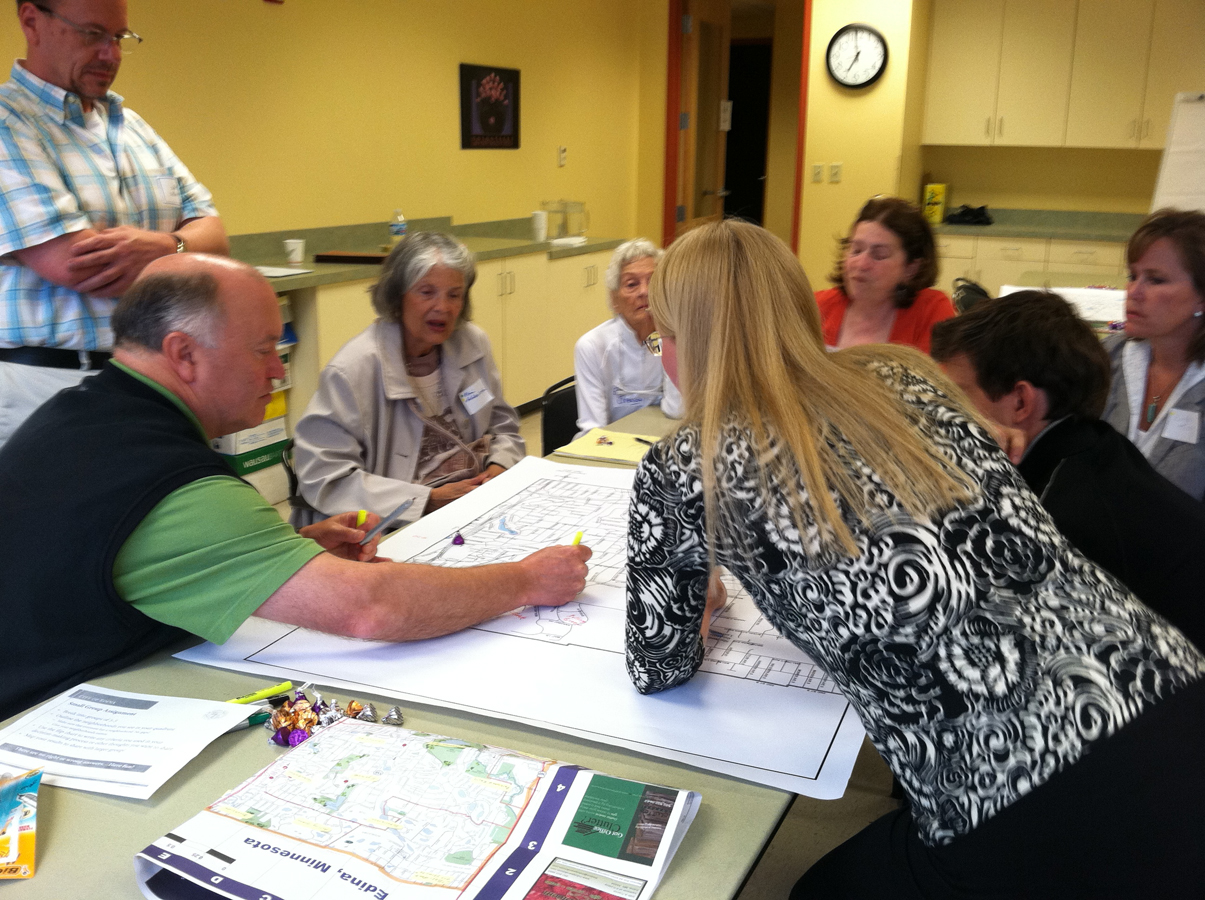
‘No money shall be drawn from the treasury, but in consequence of appropriations made by law' - Article I, Section 9 of the United States Constitution.
The simplified, short answer: An earmark is government money that is given to a specific recipient or a specific named project without the recipient having to compete, bid, or qualify for the money, as would normally be required to receive government funding.
Earmarks Explained in Detail
In order for the US Government to spend money, Congress is required to write a bill (usually an appropriation bill) appropriating the money. The President must then sign the bill into law. Meaning that Congress decides how much money should be spent, the President signs off, and then the suitable federal departments and agencies spend the money as they see fit.
Earmarking takes this appropriation process to an extreme by micromanaging the spending and writing into the law precisely where the money should go and precisely how it should be spent. This earmarking bypasses any normal merit based system the federal departments and agencies would otherwise have used it spending the money.

Take a real life example; in 2005-2006 Congress created an omnibus appropriation bill part of which designated the spending of $398 million on road and bridge construction. Normally the President would sign the bill into law and the Department of Transportation would decide how and where to spend that money. However, in this bill the law was written specifically so that the $398 was legally required ‘earmarked' to be spent on a specific bridge building project in Alaska to connect Ketchikan, Alaska to Gravina Island and the Ketchikan International Airport. The high cost of the bridge and the fact that Gravina Island has only 50 residents attracted media attention and this earmark became widely known the infamous "Bridge to nowhere".
Why Do we Have Earmarks?
Both Republicans and Democrates in Congress have embraced earmarks. Earmarks occur because congressmen like to fund projects in their districts that they feel are valuable. Congressmen often feel they know how to spend money in their own district more wisely than some Washington-based federal agency. Often Congressmen are reelected on the basis of how much money they bring home to their districts. Certainly lobbyists and political action committees are keenly aware of how much money a congressman can bring back to his district.
Is Earmarking Unethical?
There is fierce debate about this issue. In the last election both McCain and Obama promised to end earmarks. However, there is by no means unity on the issue. Senate Majority leader Harry Reid recently defended earmarks by saying "Since we've been a country, we have had the obligation, as a Congress, to help direct spending. We cannot let spending be done by a bunch of nameless, faceless bureaucrats buried in this town someplace, to take care the needs of the state of Nevada, Washington and New York."
The lack of oversight makes unscrupulous deals difficult to prevent and earmarks have earned bad reputation. When earmarks are frivolous, created to appease certain lobbyists, or created to enrich the Congressman's friends or family the earmarking is often called ‘pork barrel' spending. Many recent earmark-related scandals have highlighted the problem and some members of Congress have even gone to prison. The problem has become so widespread that ‘earmarks' and ‘pork barrel spending' are becoming synonymous in the media.
Related Articles
- The 2009 Omnibus Bill Explained
- Obama's Loan Modification Plan Explained
- Stimulus Plan 2009-What's In it For You
- What is a Reverse Mortgage?
- Loan Modification: Is it Right for You?
- Obama Stimulus Plan FAQ
- 2009 Economic Stimulus Plans-A Glossary of Terms
- Executive Summary of the 2009 Economic Stimulus Plan
- $8,000 Tax Credit for First Time Homebuyers
- Saving and Managing Your Money During a Recession
- First Time Homebuyers Guide
- Financial Assistance for First Time Homebuyers
- How to Improve Your Credit Score
- 5 Tips For Improving Your Credit Score
- How to Avoid Foreclosure
- What Is Foreclosure?
- What Is A Short Sale?
- What Is A Deed-In-Lieu?
- Avoiding Foreclosure Rescue Scams
- How to Buy a HUD Home
- Tips on Buying a Home
- How to Sell Your Home In a Down Market
- Do You Qualify for an FHA Loan?
 Print
Print Email
Email







